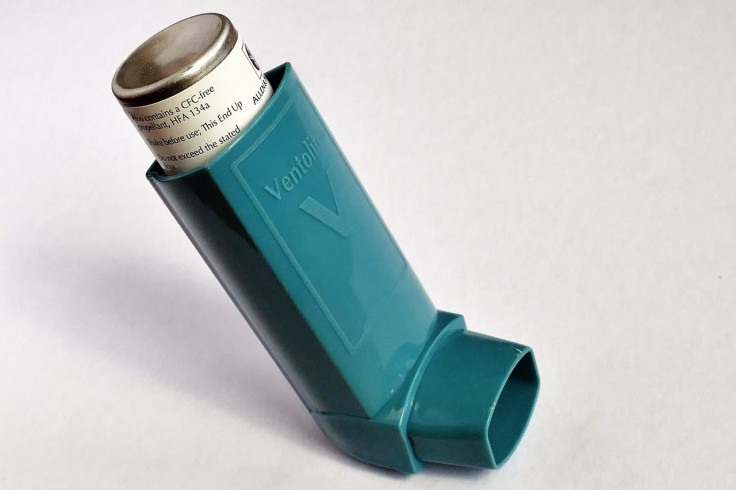Air Pollution Plays Major Role In Development Of Asthma In Children, Study Says

KEY POINTS
- Asthma is a common medical condition among children and adults
- Danish researchers looked into the factors that affect the development of asthma in children
- They found that one of these factors is air pollution
Exposure to high levels of air pollution may increase the chances of developing asthma in children, says a new study.
In a study published in the journal BMJ, researchers from Aarhus University in Denmark noted how exposure to fine air particles, referred to as PM2.5, are very likely to cause persistent wheezing and asthma in children. PM2.5 particles can come from different sources like domestic heating, motor vehicles and power plants. These particles are so fine that they could not be seen with the naked eye. When inhaled, they can enter the lungs and may even end up in the circulatory system.
For the study, which included 797,812 Danish children born between 1997 and 2014, the researchers collected information about the air pollution levels near the participants' homes, smoking habits of the mothers, medical history of the parents and income and education of the parents. With the data, the researchers identified the risk factors that could lead to asthma and wheezing in young kids.
As part of the study, the researchers monitored the participants from one year to 15 years of age. They found that the average age of developing asthma and wheezing was 1.9 years. Out of the participants, 122,842 kids developed the ailment.
The researchers found that kids who were exposed to PM2.5, including larger particulates like nitrogen dioxide were associated with persistent wheezing and an increased risk of asthma. While these were contributory factors, parental asthma was still the biggest factor that brought about asthma development in young children. Another important factor was having a mother who smoked while pregnant.
Children from families with high income or high education showed lower incidences of wheezing and asthma.
Torben Sigsgaard, one of the researchers and a professor of Environmental and Occupational Medicine at Aarhus University, said the findings support emerging evidence that being exposed to air pollution may influence asthma development.
© Copyright IBTimes 2025. All rights reserved.





















